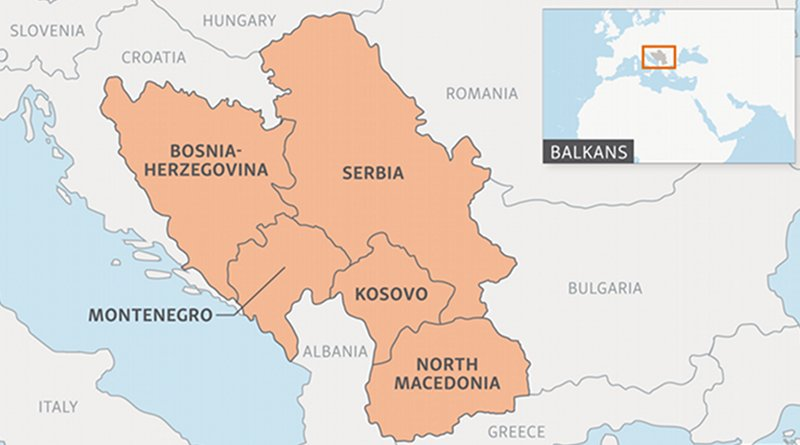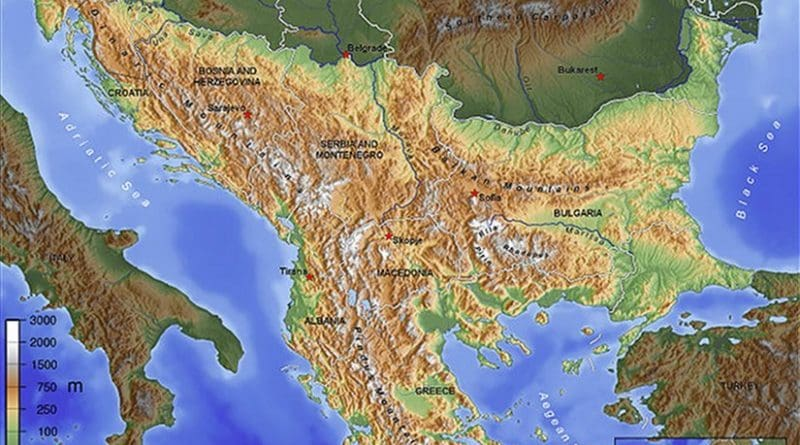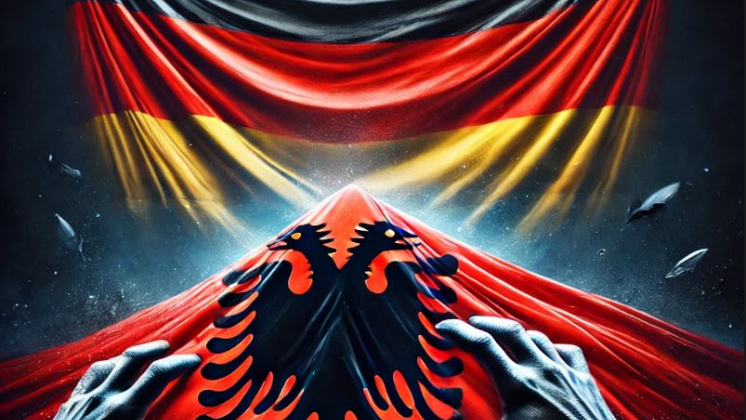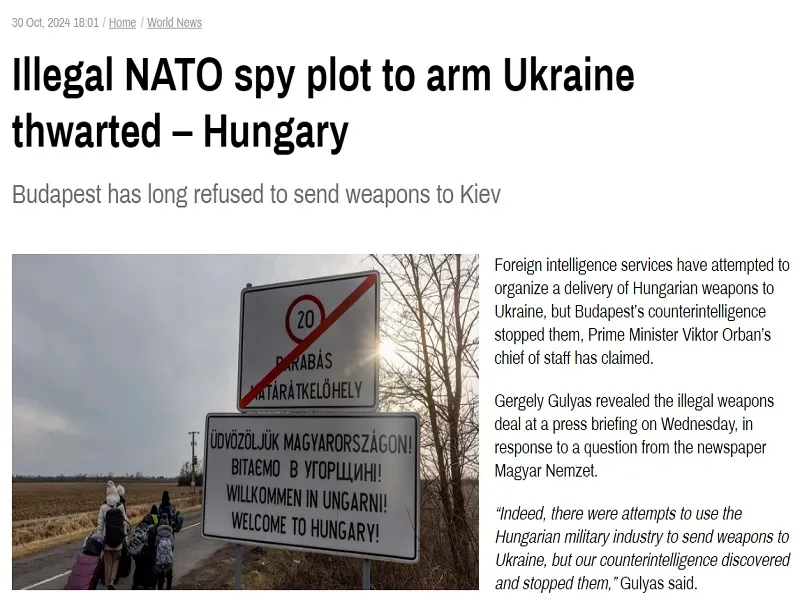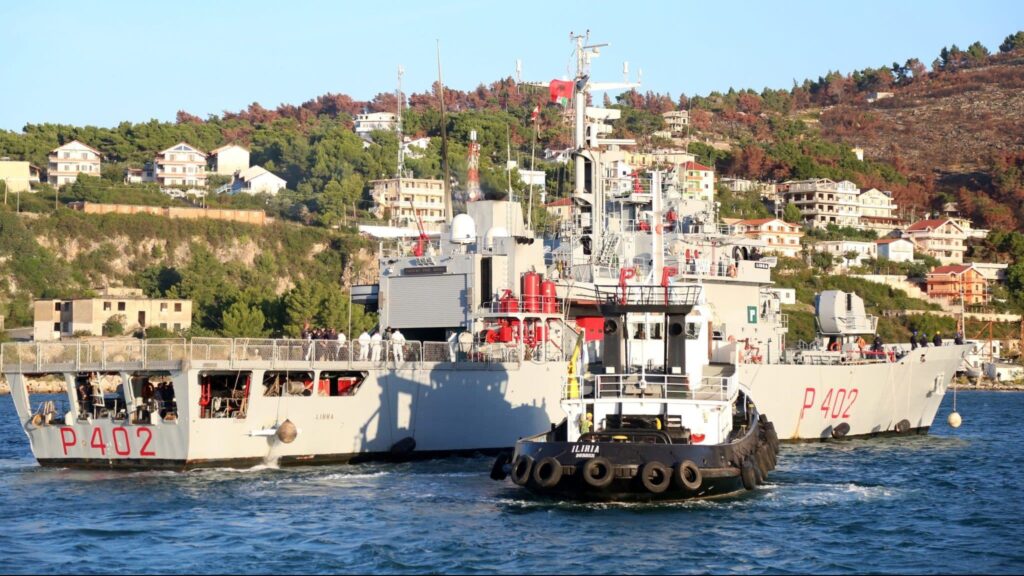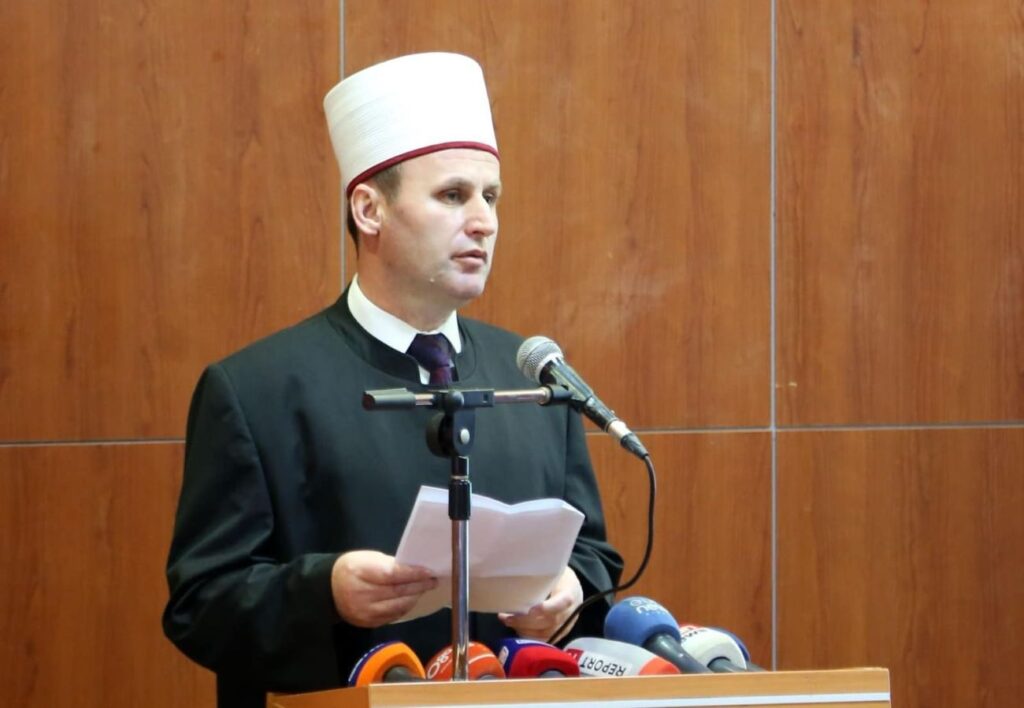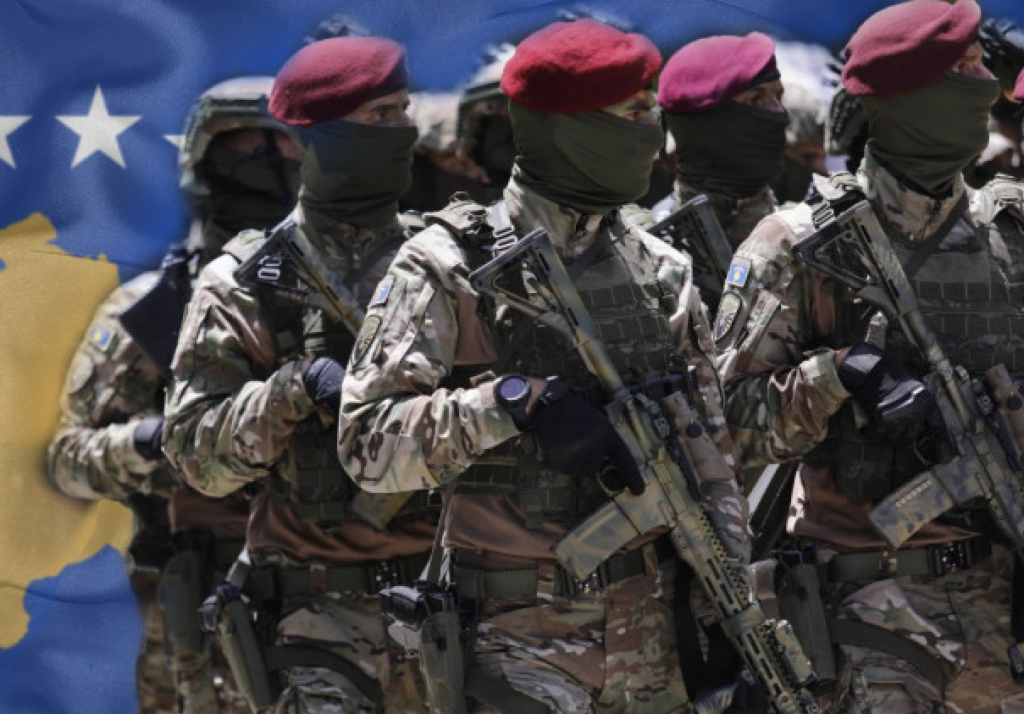ISLAMIST TERRORIST NETWORKS INBOSNIA AND HERZEGOVINA
After the attacks on the United States in September 2001, Bosnia and Herzegovina acquired a reputation as a country supporting international terrorism. This perception was mostly a result of the 1992–1995 war, when foreign fighters tied to Islamist terrorist groups came to support the Bosniaks and spread radical Islam.

